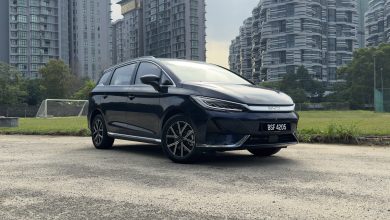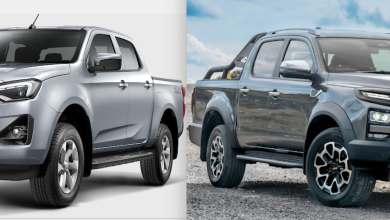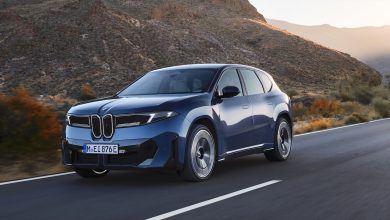Automakers’ EV Booking Hype Never Matches JPJ Stats. Why?
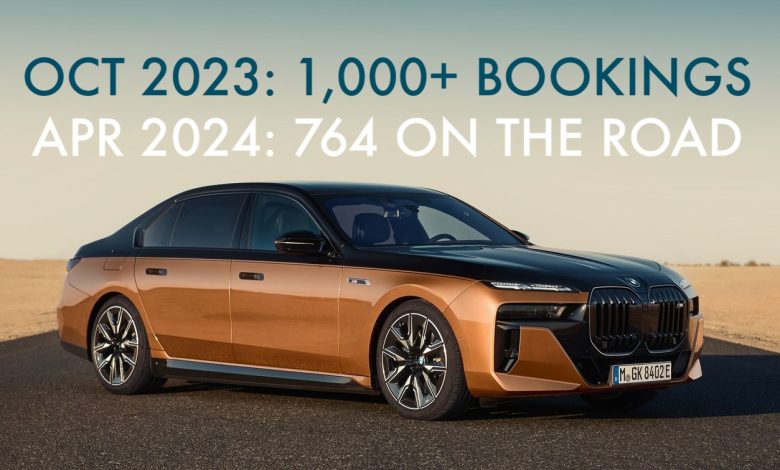
The much-hyped initial 1,000+ BMW i7 EV orders only translate to 763 registered examples thus far.
Now for those who even vaguely have an ear to the ground on the new car scene over here, it really would not have escaped one’s notice regarding news of such and such recently launched model has garnered an incredulously high number of bookings.
And while a few ICE cars have certainly been guilty of this hype, it is indeed more often than not these days for a newly-introduced EV that will be seen with this sort of proclamation made, in barely the couple weeks following its official locally debut.
Though as many will have probably unconsciously observed from just looking at the cars around them on the daily, very rarely do these hyped up hundreds, or even thousands of orders, actually translate to a similarly large number of registered units on the road.
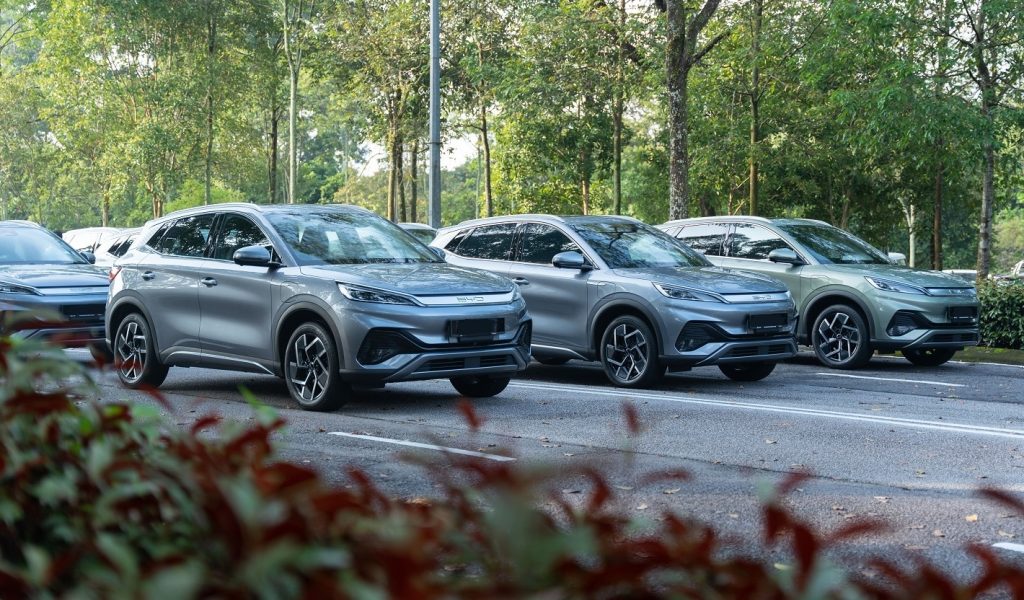
In fact, a cursory look at the JPJ vehicle registration statistics will clearly show for the actual road-registered examples to date to not even be make up a fraction of what some automaker’s have proclaimed to have INITIALLY secured bookings for.
A pretty damning case in point here is for smart Malaysia to have previously proudly proclaimed it secured 1,000 bookings for its #1, within just the first few weeks of its launch late last year. The most recent registrations from JPJ however only shows for 400 examples of this e-crossover to be registered in Malaysia, up till the end of April 2024.
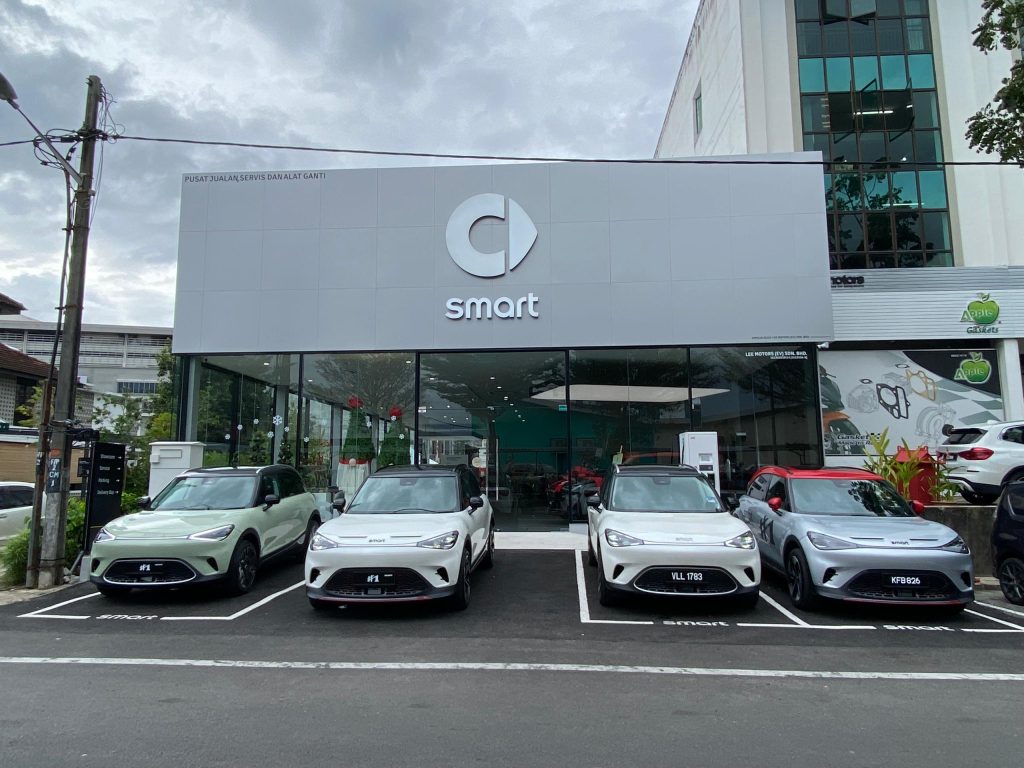
Another example of this discrepancy meanwhile comes from BMW, who previously announced that it has secured 1,000+ bookings for its i7 within four months of its initial local introduction back in the middle of last year. The JPJ data though instead only points to 763 units of these fully-electric limousines being road-registered to date.
(Oh, and it is also worth bearing in mind that registered vehicles will include corporate and dealership registered examples too. The total number of these cars actually making it to customers therefore could still be a chunk less than the figures provided by the JPJ…)
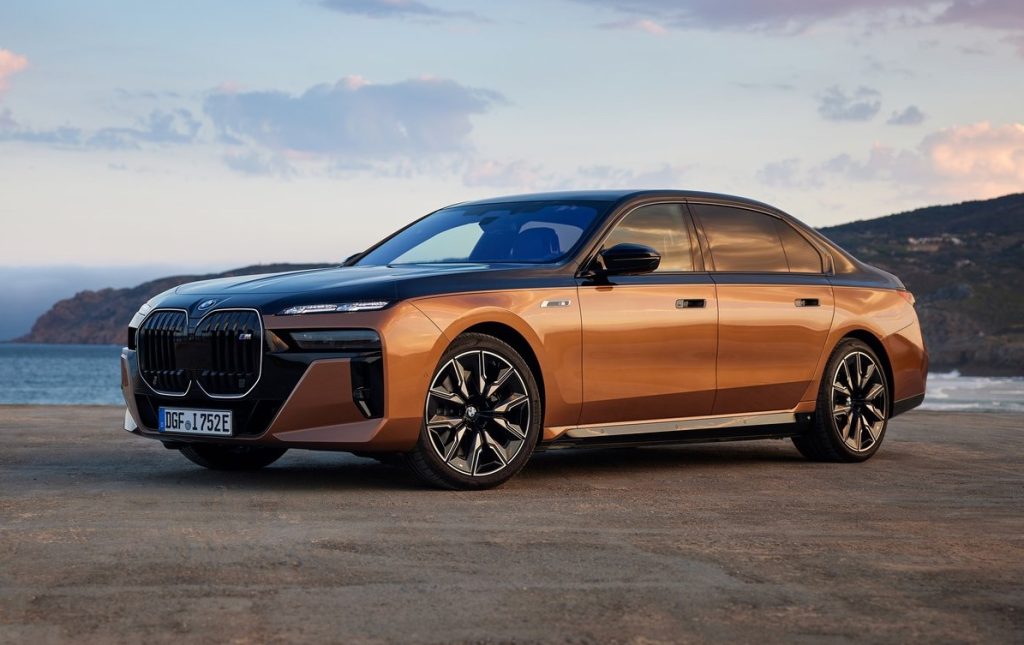
So why is there then such a massive delta between the booking figures hyped up by the automakers, and the eventual registered number of examples on the road? Well, here are just three plausible reasons causing that discrepancy.
1. Slow Shipment Of Cars
Now this reason of long lead times between orders placed and eventual deliveries is among the most marketing-friendly excuse that automakers can (and will/have) use to spin away why their inflated booking figures aren’t in line with the JPJ registration data. And just being entirely fair here, it does certainly take quite a long time for these fully-imported EVs to make their way from their originating country.
What more too is that these cars do indeed arrive in large batches at a time. So some benefit of the doubt could at least be given for some portion these orders to still be stuck at sea or at port, when JPJ were compiling the latest rounds of its registration statistics.
Though the more cynical might nevertheless think for this excuse to still not really account for that significant a gulf between registration and orders, especially when considering both these examples shown above sees for the eventual registrations to not even meet their initial order proclamation.
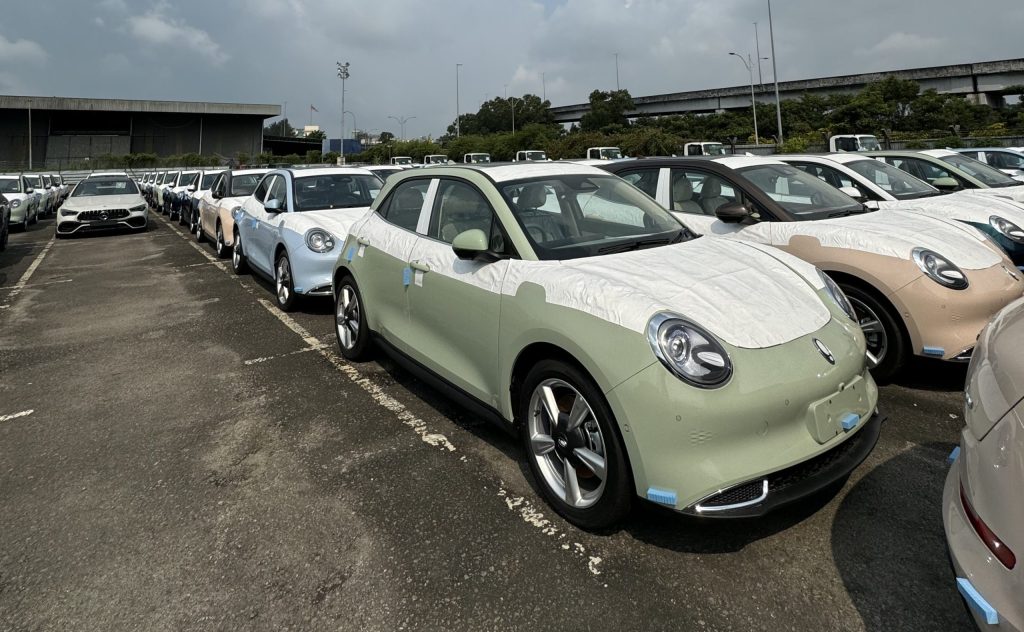
2. Cancellation Of Orders
This therefore neatly leads onto the second excuse in explaining away the gulf between orders and eventual registrations, with this being for customers who have plonked down paid deposits already simply having decided to buy another car in the interim.
And being reasonable for a bit here as well, the idea of a fickle-minded customer is really to not entirely out of the ordinary, particularly when in the face of the flurry of new car launches that took place in recent months.

In fact, the aforementioned smart #1 is a particularly good case study in this regard. Such is as in between its launch just late last year and right now, it has since saw a whole host of cars that can be argued as competitors to it. From having only the Tesla Model 3 as its only rival when it first made its local debut, this particular e-crossover currently needs to face off against the BYD Seal, MG4, GWM Ora 07, Tesla Model Y etc…
Moreover, it is worth highlighting too that there have been cases of Malaysians making multiple bookings for cars. So it won’t be too surprising to discover that a few flaky orders make up those proclaimed booking figures as well.
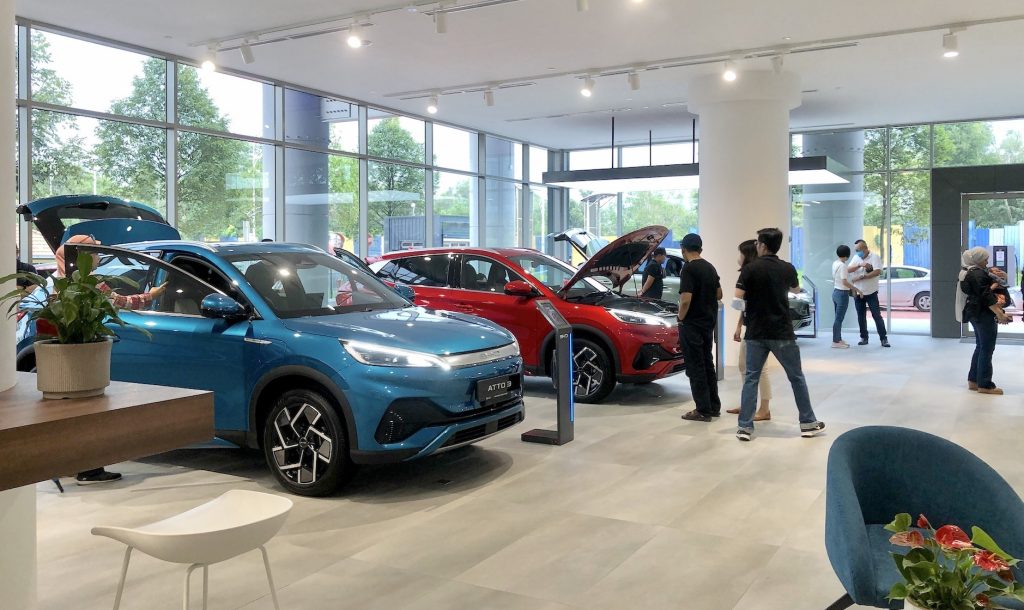
3. Marketing BS
Having said all that however, there is of course also the distinct possibility for the booking figures proclaimed by these automakers to be pure marketing BS. Or in plainer English, plain ol’ lying.
As a matter of fact, one dirty little industrial secret that was picked up recently was for there to actually be a certain automaker who had previously published one of these inflated bookings proclamation, only for further digging to reveal that they haven’t actually managed to secure even a quarter of that, when the lie was first publicised.
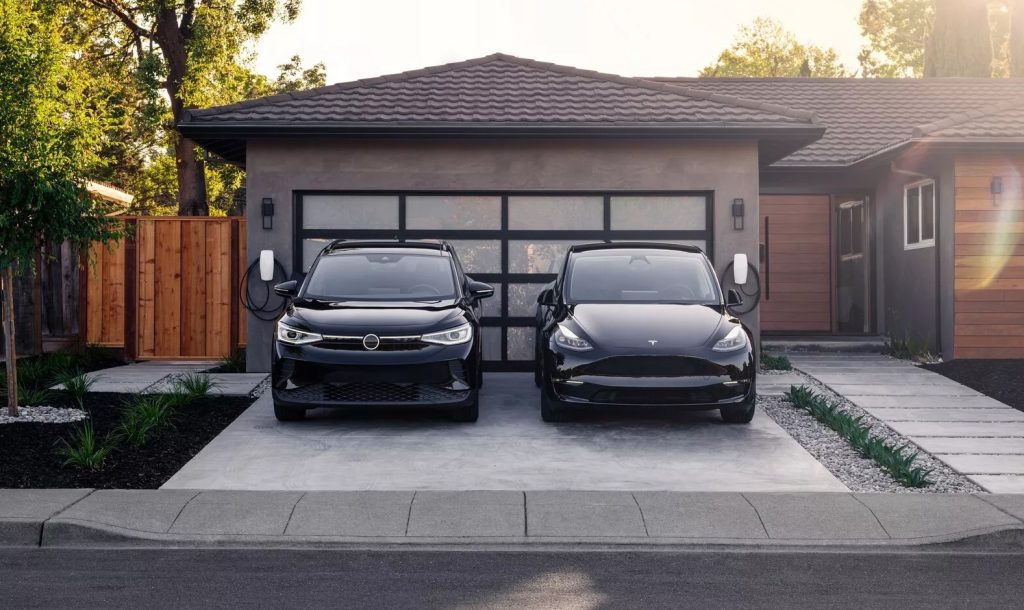
Now while certainly unscrupulous, it is nevertheless not too hard to see the rationale behind their blatant lies, with this behaviour from the automakers being summarised perfectly by the old adage of ‘fake it until you make it’,
A strong facade with decent orders does after all project the image of a hot-selling car, which is in turn vital to maintain the hype and publicity surrounding it for as long as possible until orders hopefully comes. In fact, the mere act of publicising that there are thousands of bookings might actually spur some real orders from those who have been afflicted by FOMO.
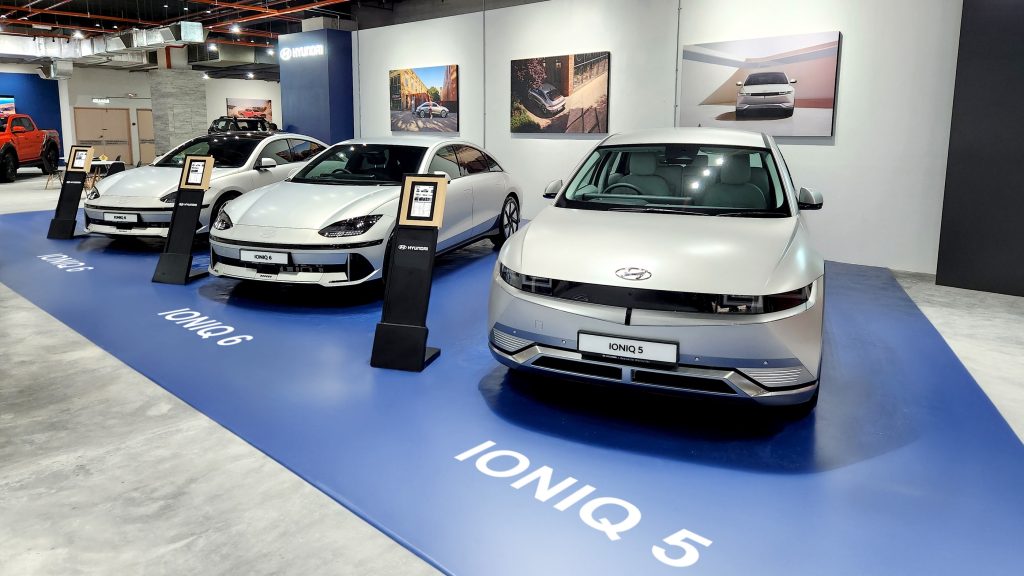
So having got to here then, this booking discrepancy issue serves as a reminder for everyone to (once again) take whatever companies say with more than a pinch of salt. Marketing materials are not delivered under oath, after all.

